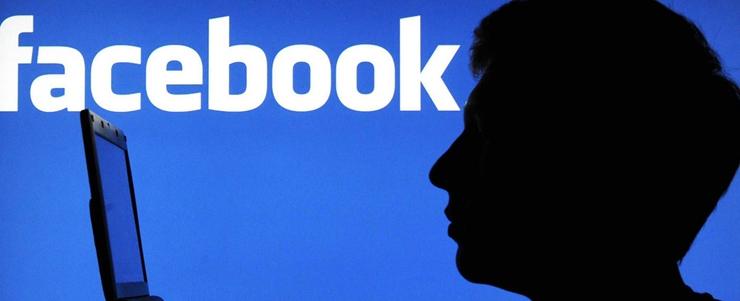Facebook Unplugged: The Social Network That Changed How We Connect
(What Is Facebook)
Think about the last time you shared a photo, messaged a friend, or even argued about politics online. Chances are, Facebook was part of that story. This blue-and-white app isn’t just a website. It’s a digital universe where over two billion people hang out, argue, celebrate, and sometimes overshare. But what exactly *is* Facebook? Let’s peel back the layers.
Born in a college dorm room in 2004, Facebook started as a way for Harvard students to connect. Mark Zuckerberg, then a 19-year-old student, wanted a platform where classmates could share profiles and interact. The idea exploded. Within months, it spread to other colleges. By 2006, anyone with an email address could join. Today, it’s hard to imagine life without it.
Facebook’s core is simple: profiles. Users create pages with photos, personal details, and updates. Friends can like, comment, or share these posts. But it’s grown far beyond that. Groups let people unite around hobbies, causes, or memes. The News Feed acts like a never-ending magazine tailored to your interests. Marketplace turns users into buyers and sellers. Events help organize parties or protests. Messenger keeps conversations buzzing. It’s a Swiss Army knife of social tools.
Why does it matter? Before Facebook, connecting globally meant emails or pricey phone calls. Now, a grandma in Texas can video chat with her grandson in Tokyo for free. Small businesses can reach customers without a storefront. Activists can mobilize thousands in hours. It reshaped how we talk, work, and play.
But it’s not all birthday reminders and puppy videos. Facebook has a dark side. Fake news spreads faster than truth. Ads target users based on personal data. Cyberbullying thrives. The platform’s hunger for attention keeps people scrolling, even when it hurts mental health. Privacy scandals, like Cambridge Analytica, made headlines. Critics say Facebook cares more about growth than safety.
Zuckerberg calls Facebook a tool for “bringing the world closer.” True, it bridges distances. It reunites old friends. It raises money for disasters. But it also amplifies hate, misinformation, and loneliness. The same tool that connects us can divide us.
Over the years, Facebook bought rivals like Instagram and WhatsApp. It added features like Stories and Reactions. It even rebranded as Meta, pushing a vision of virtual worlds called the metaverse. Yet the core app remains a giant. Love it or hate it, Facebook shaped the internet era.
Is it still relevant? Younger users flock to TikTok or Snapchat. Ads clutter the Feed. Trust has eroded. But Facebook adapts. It copies trends, invests in video, and leans into private groups. For many, it’s still the go-to for staying in touch.
(What Is Facebook)
The story isn’t over. Facebook evolves, faces backlash, reinvents itself. It’s a mirror of human nature—messy, creative, contradictory. You might log off, delete your account, or check it five times a day. Either way, its impact lingers. From dorm room project to global force, Facebook redefined connection. What happens next depends on us—the users typing, scrolling, and shaping this digital world one click at a time.
Inquiry us
if you want to want to know more, please feel free to contact us. (nanotrun@yahoo.com)




